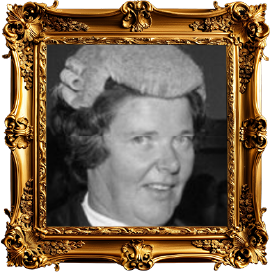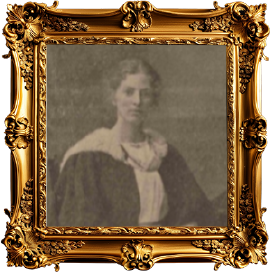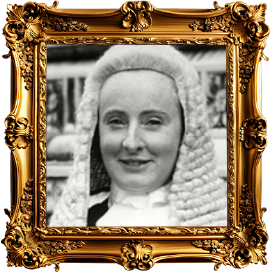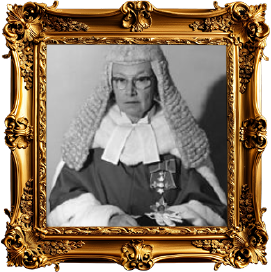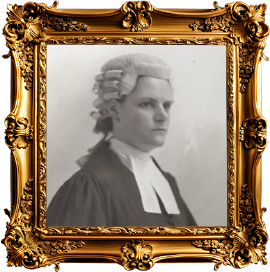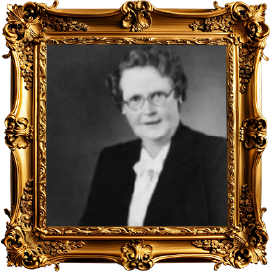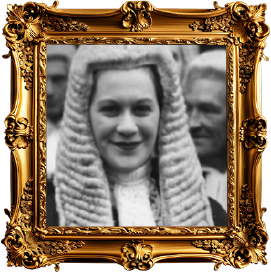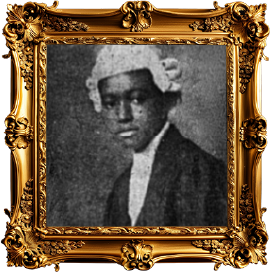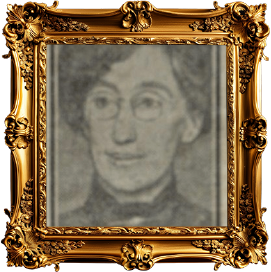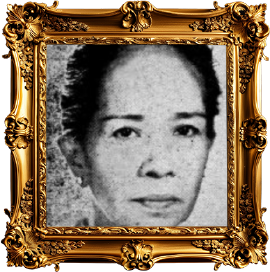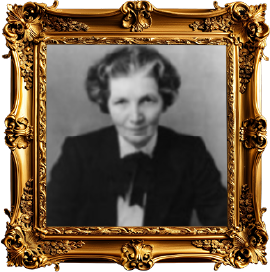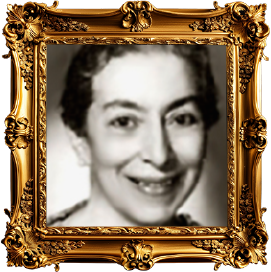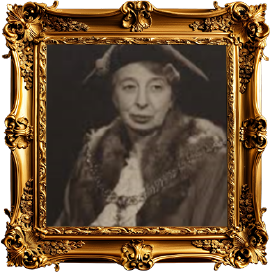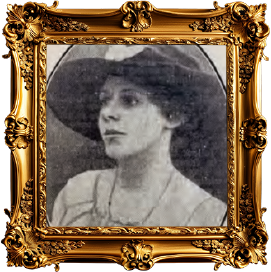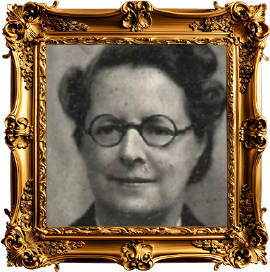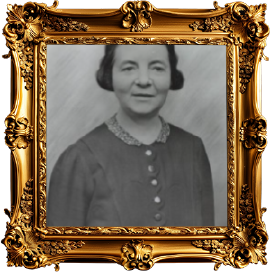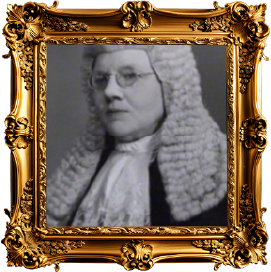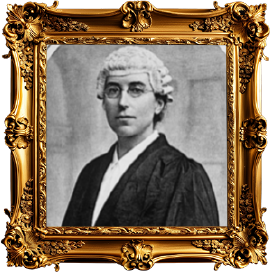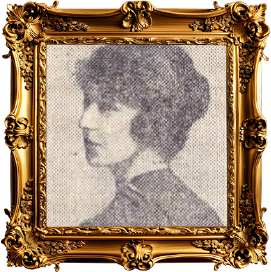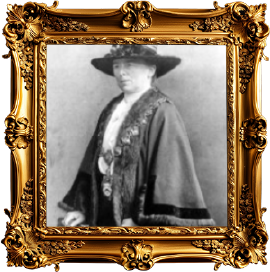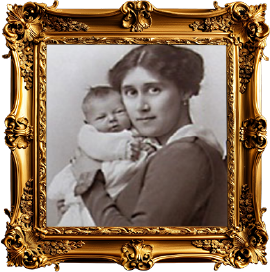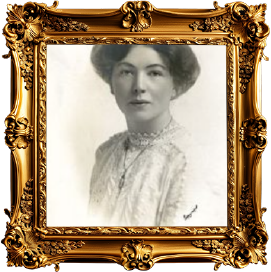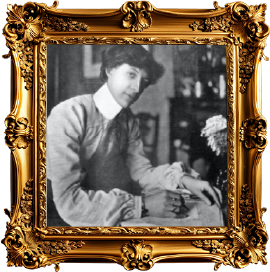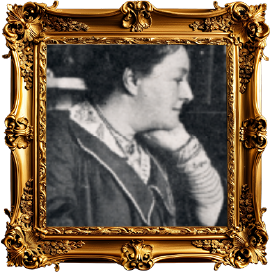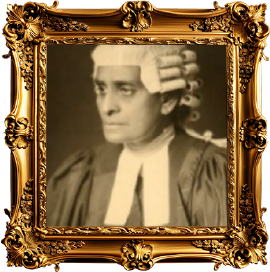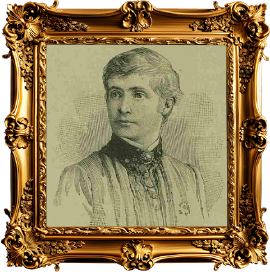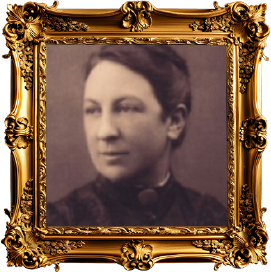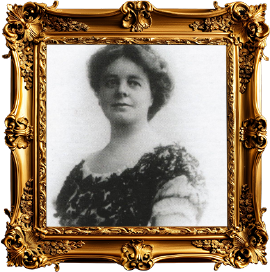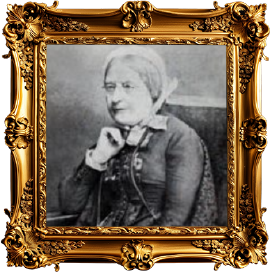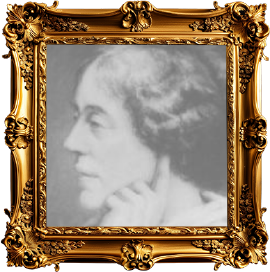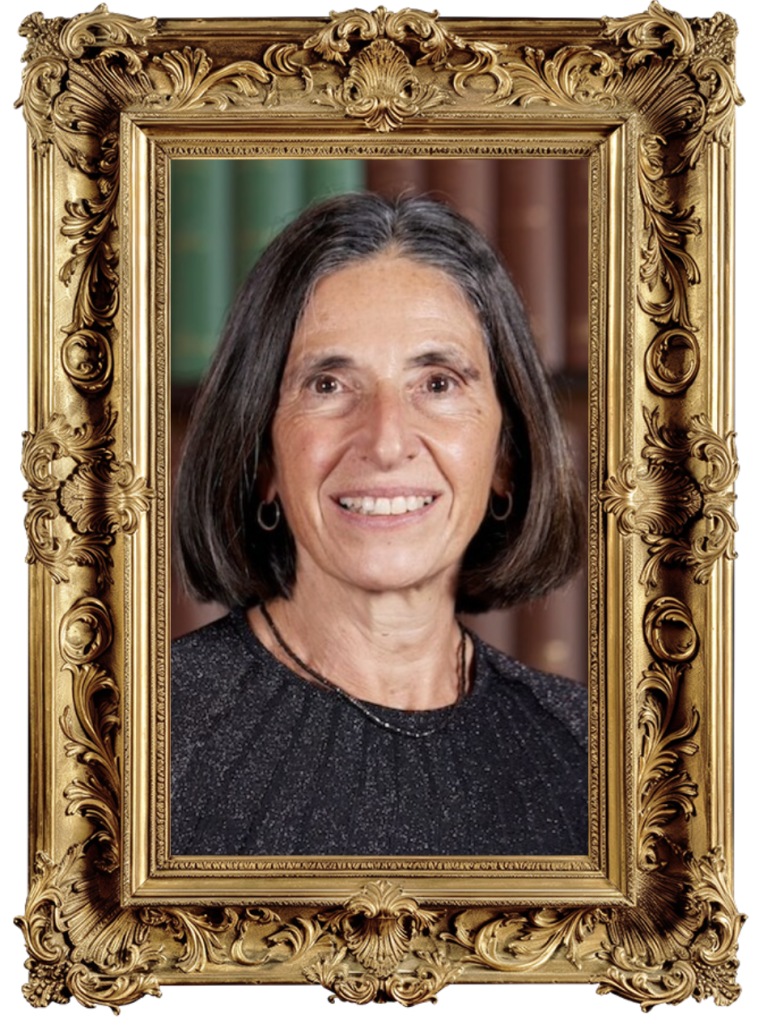
Justice of the Supreme Court, The Right Hon Lady Simler
Dame Ingrid Ann Simler, Lady Simler, became a Justice of the Supreme Court on 14 November 2023.
Lady Simler was called to the Bar by Inner Temple in 1987, having read law at Cambridge University, and completed a post-graduate diploma in EU law at the Europa Institute, University of Amsterdam. She practised at the Bar at Devereux Chambers where she became Head of Chambers before becoming a judge. She was appointed to the Attorney General’s Civil Panel A in 2001 and as Junior Counsel to the Inland Revenue (Common Law) in 2002. She took silk in 2006.
In 2002 she was appointed Recorder on the South East circuit. She was appointed as a Deputy High Court Judge in 2010. She became a Judge of the High Court King’s Bench Division in October 2013. In January 2015 she was appointed President of the Employment Appeal Tribunal for a three year term which ended on 31 December 2018.
Having served as High Court Liaison Judge for Diversity she was appointed chair of the Diversity Committee of the Judges’ Council in 2019. She also served as a member of the Civil Executive Team chaired by the Deputy Head of Civil Justice, reporting to the Master of the Rolls. She was sworn in as a Lady Justice of the Court of Appeal in June 2019.
What does “paving the way” for future generations mean to you?
“There are many brave women who are role models as professional “firsts” in the law: Ivy Williams, the first woman called to the Bar in 1922, and Baroness Brenda Hale who spent many years as the only woman judge in the House of Lords and Supreme Court, to name but two. But what both have in common is an appreciation that being the first woman is never enough. What matters more than anything in my view is the work they did to make sure they were followed by thousands of others. Ivy did it by endowing a scholarship for female law students at the University of Oxford in 1923; and as the first woman to teach law at any English university, teaching law students at Oxford’s four women-only colleges. Baroness Hale has been a tireless proponent of equality and diversity in the judiciary, regularly exhorting and encouraging other women to follow in her path. I believe that we achieve so much more by working together, whether at an individual or organisational level, sharing our experience, knowledge and understanding of the barriers faced by others like us and collaborating to identify and implement solutions to address them. This is what has motivated me in the diversity, equality, and inclusion work I have done at the Bar and on the Bench. It remains fundamentally important to me, and I am delighted to support this initiative.”

